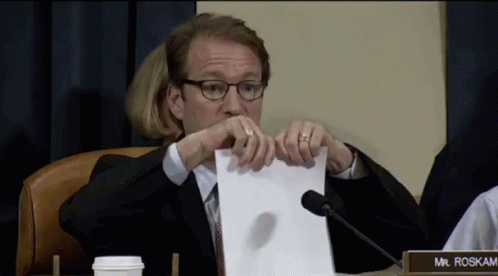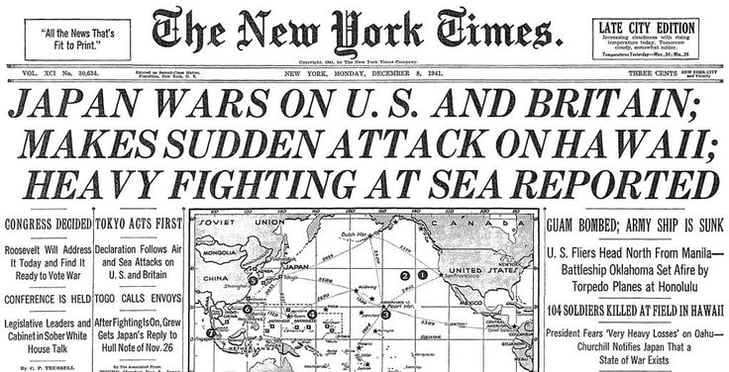As seniors conduct their spring cleanings or prepare to downsize out of their homes in advance of moves to senior living communities, many are amazed to realize just how much junk and paper detritus their homes have been storing. It’s not hard to imagine why.
Over the course of a lifetime, piles of papers accumulate little by little: pieces of unimportant but potentially interesting mail accumulating on counters, old magazines (half-read), paper copies of bills paid online, tax returns and supporting receipts filed away in drawers . . . The list goes on and on.
So, what papers do you really need? If you're a senior who's accumulated a lot of paperwork over the years, here's what you should keep and what you should toss.
Do I need my tax returns from 1972?
No. Even if you made a mistake in reporting your income that year, the statute of limitations for the IRS to do anything about it ran out long ago.
If you fail to report more than 25 percent of your gross annual income, the federal government has six years to collect the tax debt from you, or to start legal proceedings against you. So, you can safely toss any tax documentation seven years or older.
Moreover, if you’re using software like Quicken, or a secure web-based e-filing service, you can just keep electronic copies of your returns.
But if you’re concerned about not having receipts to justify your write-offs and have lots of free time, you can always scan your records and keep the image files. They’re fully admissible in tax court.
BEST PRACTICE #1:
Never throw sensitive financial documents or anything with personal identifying information in the recycling bin or trash can. Unsavory types out there could find them and use them to drain your bank account. If you do get rid of obsolete tax records, shred or burn them.
BEST PRACTICE #2:
Make sure any electronic documents are stored on an encrypted hard drive or secure server.
If you haven’t read them in over a year, recycle or donate
Old magazines, newspapers, or other periodicals are just that — old. Often, the information they contain is outdated or obsolete.
Unless it’s an original day-after-Pearl-Harbor issue of the New York Times, it probably holds no resale value or collector appeal, either. Why are you keeping it? Paper doesn’t make for a great heirloom. It deteriorates quickly.
(THE NEW YORK TIMES on December 8, 1941, reporting the December 7th Japanese attack on Pearl Harbor.)
If it’s something your local library might not have in its periodical collection, you might be able to donate it. But check with the librarian first — most public libraries today get inundated by people dumping off their old periodicals. And once the library has scanned an issue for its electronic archive, it doesn’t need additional copies.
The same is true of university libraries, alumni associations and local historical societies. If a periodical isn’t worthy of special collections, it’s probably recyclable. If you suspect the issue you have holds some value to future historians or researchers, check with the institutional librarian or historian before you bring it in.
If all else fails, recycle. Never trash old magazines if you don’t have to. If you can’t recycle, reuse! Shredded newspaper makes wonderful pet bedding or cat litter. Old magazines are great starter material for your winter fireplace.
BEST PRACTICE #3:
If you know any preschool or grade school teachers, ask them if they need magazines and newspapers for student art projects. Many teachers will not only accept your donated periodicals, they’ll thank you for them — they’d otherwise need to scrounge up supplies on their own time and dime.
Keep landmark documents
These are the essentials you need to keep:
- Birth certificates
- Marriage licenses
- Legal settlement documentation, insurance policies and their accompanying declaration sheets, military discharge paperwork
- Passports, state ID cards and Social Security cards
- Financial will, living will, advance directive paperwork
- Deeply personal letters or photos
But you don’t need to keep them in your home. In fact, it might be better not to. What happens if there’s a fire or natural disaster? What happens if your home is burglarized and someone takes them?
If you don’t have a fireproof safe or vault to keep them in, consider renting a safety deposit box at your bank. They’re not expensive, provide you peace of mind, help you declutter, and provide a logical point of discovery for your heirs should you pass away unexpectedly.














